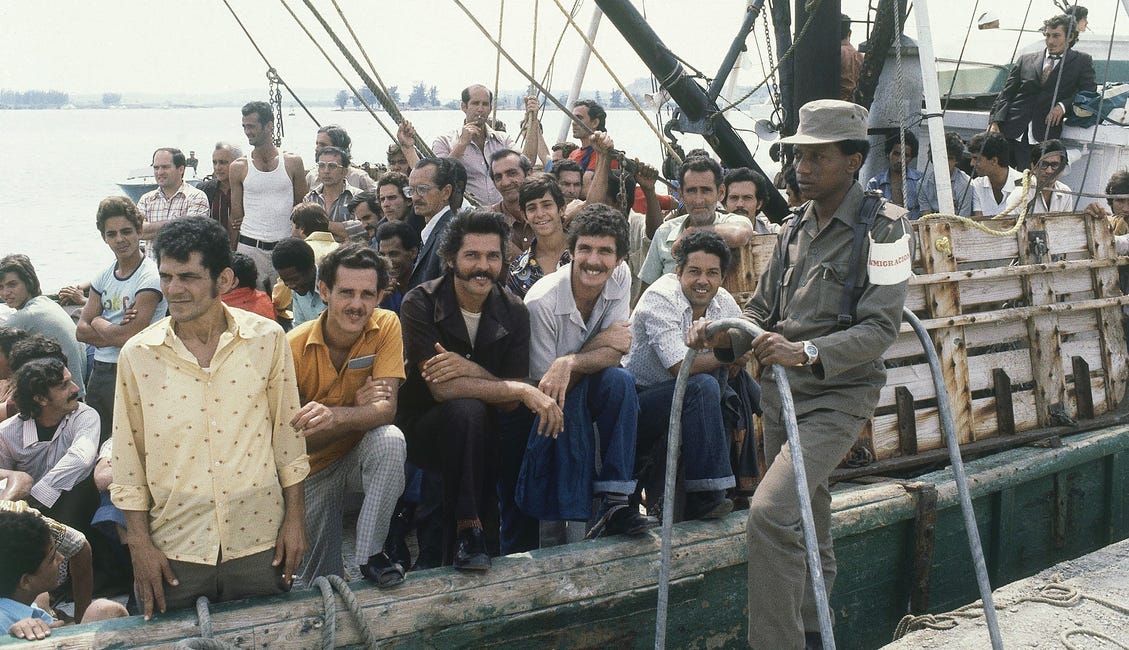Open the Borders
We are leaving trillion dollar bills on the sidewalk
On a warm, humid morning in the Florida Straits, a line of ships approached the harbor of Key West, bearing Cuban migrants fleeing persecution from the Castro regime. President Jimmy Carter ordered a state of emergency and attempted a blockade, but despite the best efforts of the U.S. Coast Guard, more than 100,000 migrants landed on the shores of Florida during the next six months. The Mariel Boatlift, as it was later named, offers a lesson about the transformative power of migration, and reminds us why wealthy countries should open their borders.
Under current immigration rules, millions of the world’s poorest suffer greatly, trapped in unproductive economies. The economic gains from unlocking labor mobility are astronomical — and yet are largely ignored. It’s like an old joke in economics: an economist sees a $100 bill on a crowded sidewalk and doesn’t stop, assuming that if it were a true $100 bill it would’ve been taken already. In that vein, economist Michael Clemens’ studies of immigration show that opening the borders of rich countries for more free movement of labor would double the world’s GDP; in effect, we are ignoring “trillion-dollar bills on the sidewalk” (Clemens, 2011).
Most people in the world live poor, difficult lives. But the world isn’t full of poor people; rather, it’s full of capable people who live in poor places. A study found that Nigerian high school graduates who moved to the U.S. made fifteen times as much as their counterparts who stayed in Nigeria for work (Clemens et al., 2019). Rich countries offer greater access to capital, better legal systems, more market opportunities, and other ingredients for higher productivity.Immigration restrictions thus prevent the full productive capacity of the world’s individuals from being realized. Additionally, the populations of Europe and North America are aging fast, threatening younger generations with massive tax burdens to pay for pensions and eldercare. Immigration would drastically reduce this tax burden by increasing the number of overall workers, staving off the otherwise inevitable ossification of wealthy societies.
Immigration discussions inevitably bring up the wellbeing of workers in the West. Concerns about how immigrants might lower wages for workers are well-intentioned but unfounded. When over 100,000 Cubans landed in Florida, Miami’s labor force expanded by ten percent within months. According to one analysis, however, the impact on Miami workers’ wages across all skill levels was effectively zero (Card, 1990). This makes sense: As immigrants take jobs, they spend money, creating demand for new jobs, which means they ultimately didn’t “take jobs” from American workers at all. Migrations around the world have been studied similarly, and none has found significant adverse effects on existing workers.
By opening borders, rich countries could unleash the greatest gains in human freedom and flourishing in world history.


